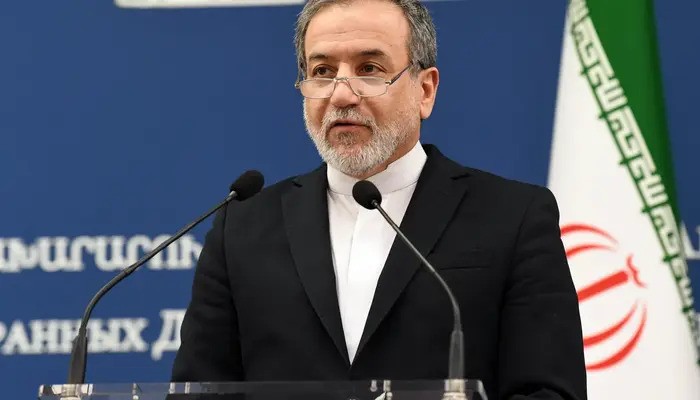Iran has firmly denied any plans to resume nuclear talks with the United States, days after the end of a 12-day war with Israel that significantly strained regional stability. Speaking on state television Thursday, Iran’s Foreign Minister Abbas Araghchi dismissed reports that Tehran would return to the table, calling them baseless.
“I would like to state clearly that no agreement, arrangement, or conversation has been made to start new negotiations,” Araghchi said. “No plan has been set yet to start negotiations.”
His remarks come after former US President Donald Trump claimed that Washington would be engaging with Tehran next week, suggesting a path toward a “comprehensive peace agreement.” Trump’s special envoy Steve Witkoff also voiced optimism about diplomatic progress.
However, Iran’s firm response leaves little room for such hopes. Araghchi labeled the speculation “wishful thinking” and accused the US of trying to generate false narratives for domestic and international audiences. The statement appears to be a strategic message from Iran’s leadership: talks will not be held under current conditions, particularly after open conflict with Israel.
Fallout from War Halts Diplomatic Momentum
The recent conflict between Iran and Israel — the most direct and destructive engagement in their decades-long shadow war — brought any nuclear diplomacy to a screeching halt. Analysts had previously suggested that backchannel discussions could restart after hostilities ended, especially with Washington under pressure to prevent further escalation in the Middle East.
But Tehran’s rejection of dialogue suggests that its leadership views the timing as inappropriate and the environment as hostile. Iranian officials believe the strikes carried out by the United States during the conflict were exaggerated in terms of their military impact and political significance.
“No one in the region takes those strikes seriously,” an unnamed senior Iranian official told local media. “They were more for show than substance.”
While the United States framed the strikes as a warning to Iran over its attacks on Israeli targets, Tehran has largely dismissed them as symbolic gestures lacking strategic value. The messaging from Iran aims to project strength and resilience in the face of Western pressure.
Strategic Calculations and Domestic Pressure
Iran’s refusal to return to talks is also tied to internal dynamics. With hardliners dominating key political and security institutions, any engagement with the United States — especially following military confrontation — risks being seen as weakness. Public sentiment in Iran remains skeptical of American intentions, particularly after years of sanctions and the breakdown of the 2015 nuclear deal.
Meanwhile, the US continues to face its own diplomatic balancing act. While Trump and his envoys speak of peace, Washington has also ramped up military support for Israel and increased sanctions on Iranian officials.
Given these realities, Tehran’s current position appears to be a calculated move: reject diplomacy for now, emphasize self-reliance, and wait for the geopolitical environment to shift in its favor. Until then, nuclear talks remain off the table.
Follow us on Instagram, YouTube, Facebook,, X and TikTok for latest updates
